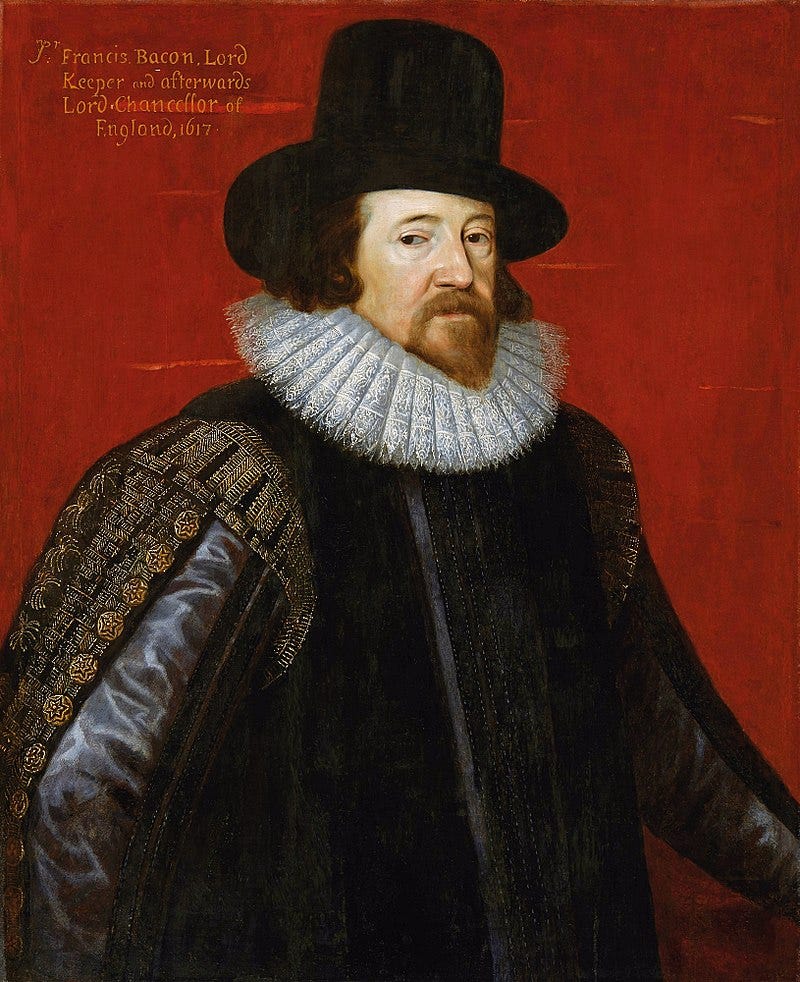 Synopsis: Set in an England beset by power wrangling and warfare at the end of the 15th century, The King’s Dogge (the first of a two book series) tells of Francis Lovell’s meteoric rise from humble squire to closest ally of King Richard III.
Synopsis: Set in an England beset by power wrangling and warfare at the end of the 15th century, The King’s Dogge (the first of a two book series) tells of Francis Lovell’s meteoric rise from humble squire to closest ally of King Richard III.
Having courageously fought at Barnet for the great noble the Earl of Warwick, Lovell is introduced to Richard of Gloucester. Impressed by Lovell’s military acumen, Gloucester assigns him the unenviable task of fighting the Scots in the West March. His initiative wins him a knighthood and turns him into Gloucester’s most prized asset. In time, Lovell comes to respect Gloucester and a close friendship blossoms, each aware of one another’s weaknesses but together able to advance one another’s careers – military and political respectively. Lovell’s future is further shaped by Gloucester’s scheming wife Anne Neville, whose ambition exceeds that of her husband.
But when their Machiavellian scheming leads to the cold-blooded murder of the princes in the tower, Lovell is forced to weigh his conscience against his sense of duty and ask himself what dark acts he is prepared to carry out in Gloucester’s name.
The King’s Dogge is a fictional account of the rule of King Richard III as seen from the perspective of his closest adviser, Francis Lovell. It weaves a story around true events and throws the actions of the king into a new perspective when viewed against the ambition of his wife, Anne Neville.
So, let's start with Francis Lovell. As a child, he was given over to the Earl of Warwick in who's household young Richard had spent some time. Whether they were under the same roof at the same time is uncertain. Married at a very early age, Francis was linked to Warwick, and gave his support to his father-in-law in his rebellion against Edward (1470). The following year, still a minor, he was given over into the guardianship of Edward's sister. He had, by age 18, inherited a considerable fortune.
Not only was Lovell linked by marriage to the Earl of Warwick, so too was he linked to Richard as their respective wives were cousins.
His political career lasted a mere ten years. He is said to have accompanied Richard to Scotland and was knighted (1481), coming into his service a year prior. His loyalty to Richard following the latter's accession to the throne (1483) was well rewarded. There is some conjecture as to whether he was at Bosworth (1485) with Richard or stationed somewhere else. What is certain is that he escaped soon after. As this is where we are left in Green's novel.
Now to the others mentioned in the famous poem:
“The Catte, the Ratte and Lovell our dogge
Rulyth all Englande under a hogge.”
Sir William Catesby: one of Richard's closest advisors and was well rewarded when Richard became king (1483). He fought at Bosworth, was captured and executed (1485).
Sir Richard Ratcliffe: a close companion of Richard whilst he was Duke of Gloucester. He too was well rewarded when Richard came to the throne (1483). He died at Bosworth with the king (1485).
So how does Green's novel stack up with what is known about both Lovell and Richard III? Richard was well liked in the North, and this fictional account based on Lovell's first-hand views are not very balanced. Richard is portrayed as something akin to Shakepseare's Macbeth wherein he is dominated by his scheming wife, with Lovell as the loyal Banquo as depicted by Holinshed in his Chronicles (from which Shakespeare borrowed copiously). As a high-profile Yorkist, the Lovell presented here is rather wishy-washy.
This type of fiction may have been forgiven had this been written a century ago, but with access to today's research, the reader requires some degree of authenticity. Then again, as historical fiction, it is every author's right to interpret events their own way.
The first person narrative severely limits the scope of the story as we only see things as and when Lovell does and gain no perspective of how these events sit in a wider purview. As a novel depicting the relationship between Richard and Lovell, this does not fully meet the brief. As a novel about Lovell, well, this hits slightly closer to the mark.
further reading:
Lovell Our Dogge by Michele Schindler
Francis, Viscount Lovel "Time Reveals All Things" by Joe Ann Ricca
Last Champion of York: Francis Lovell, Richard III's Truest Friend by Stephen David
The Secret Diary of Francis Lovell by Dawn Wheeler


No comments:
Post a Comment